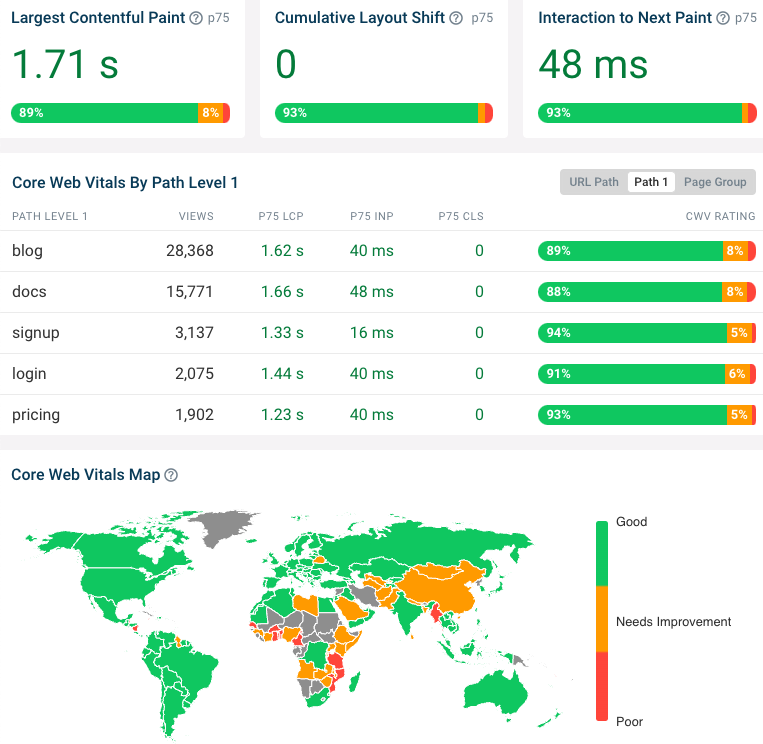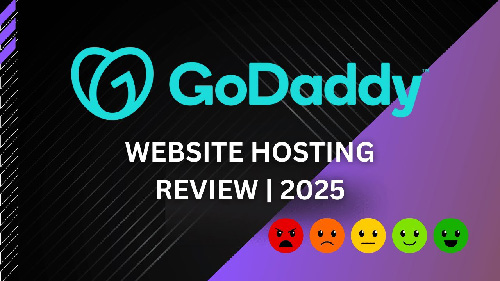Dedicated Server Hosting Explained: When Do You Need One?
Welcome to the world of dedicated server hosting, where you're no longer sharing resources with noisy neighbors. A dedicated server gives you an entire physical server all to yourself, offering unparalleled performance, security, and control. For serious online businesses, developers, and high-traffic websites, understanding when to make this leap is a critical business decision that can define your future growth and success.
Making the jump from shared or VPS hosting can feel daunting, but the benefits often far outweigh the costs for a growing enterprise. This guide will demystify dedicated servers, help you identify the signs that you're ready for an upgrade, and show you what to look for in a provider to ensure you get the power and reliability you need.
What is a Dedicated Server?
Imagine your web hosting is like real estate. In this scenario, different hosting types are different kinds of housing:
- Shared Hosting is like an apartment building. You have your own apartment (your website files), but you share the building's infrastructure—like the plumbing, electricity, and elevator (the server's CPU, RAM, and bandwidth)—with dozens or even hundreds of other tenants. If one tenant throws a massive party and clogs the hallway, everyone is affected. It's the most affordable hosting option, but it's crowded and has performance limitations.
- VPS (Virtual Private Server) Hosting is like a townhouse. You still share the same plot of land (the physical server) with a few neighbors, but your home is partitioned off. You have your own dedicated resources (a guaranteed amount of RAM and CPU) that aren't affected by your neighbors. It offers more control and better performance than shared hosting.
- Dedicated Server Hosting is like owning a single-family house. The entire property—the house, the yard, the driveway—is yours and yours alone. You control everything. You get all the resources, all the security, and all the performance of the entire physical server. This is the pinnacle of hosting, offering the best possible site speed and reliability.
When Do You Need a Dedicated Server?
Upgrading to a dedicated server is a significant step. It's not just for giant corporations; many growing small businesses and high-demand applications find it essential. Here are the key indicators that it's time to make the switch:
1. Your Traffic is Consistently High and Growing
If your website regularly serves tens of thousands of visitors per month and continues to grow, a shared or VPS plan will eventually start to crack under the pressure. You'll notice slower page load times during peak traffic hours, which can lead to a higher bounce rate and lost revenue. A dedicated server ensures you have the raw power to handle traffic spikes from marketing campaigns, viral content, or seasonal demand without breaking a sweat.

2. Website Performance and Site Speed are Suffering
In today's digital landscape, speed is everything. Google uses site speed as a ranking factor, and users expect pages to load in under two seconds. If your complex e-commerce store, with its many plugins and dynamic content, is becoming sluggish, a dedicated server can provide an instant and dramatic performance boost. With dedicated CPU and RAM, and especially with modern NVMe SSD storage, you can achieve the fast website hosting speeds necessary to keep users and search engines happy.

3. You Have Strict Security and Compliance Needs
If you handle sensitive data—such as customer information, payment details, or medical records (HIPAA compliance)—security is non-negotiable. On a shared server, you are indirectly exposed to the security vulnerabilities of your neighbors. A dedicated server provides a completely isolated environment. You have full control over your security configuration, firewalls, and access protocols, making it far easier to meet strict compliance standards like PCI-DSS for e-commerce sites.
4. You Run Resource-Intensive Applications
A standard website is one thing, but what if you're running something more demanding? A dedicated server is often a necessity for:
- SaaS (Software as a Service) applications: These require stable, high-performance environments to serve multiple users reliably.
- High-traffic e-commerce stores: Especially those built on platforms like Magento that are known to be resource-heavy.
- Online gaming servers: Where low latency and consistent performance are critical for player experience.
- Big data and analytics: Processing large datasets requires significant, uninterrupted CPU and RAM resources.
5. You Need Full Control and Customization (Root Access)
Developers and system administrators often need to install custom software, tweak the server's operating system, or optimize the environment for a specific application. Shared and even some VPS plans restrict this level of access. A dedicated server gives you full root access, allowing you to configure the server precisely to your specifications, creating a perfectly tailored hosting environment.
What to Look For in a Dedicated Server Provider
Choosing a provider is as important as deciding to get a dedicated server in the first place. Here’s a checklist of what to evaluate:
- Hardware Specifications: Don't just look at the price. Examine the CPU (number of cores, clock speed), the amount of RAM, and the type of storage. For maximum performance, always opt for NVMe SSDs over traditional HDDs.
- Network and Uptime: A powerful server is useless if it's not connected to a fast, reliable network. Look for providers that offer a 99.9% or higher uptime guarantee (SLA) and generous bandwidth with high-speed port connections (e.g., 1 Gbps or 10 Gbps).
- Management Level: This is a crucial choice. Unmanaged servers give you full control but require you to handle all technical tasks, including security patches, updates, and troubleshooting. Managed servers cost more, but the provider's expert team handles all the server administration for you. For most business owners, a managed plan is the best hosting for small business as it lets you focus on your business, not on being a system administrator.
- 24/7 Expert Support: When your entire business relies on a server, you need to know that help is available instantly if something goes wrong. Ensure the provider offers 24/7/365 support from qualified technicians who specialize in dedicated hosting.
- Scalability and Pricing: Your business will continue to grow, so your hosting should be able to grow with it. Check how easily you can upgrade your server's components (RAM, storage) in the future. While dedicated hosting isn't cheap, compare providers to find a plan that offers the best value. Transparent pricing without hidden fees is key to finding truly affordable hosting for your needs.
















